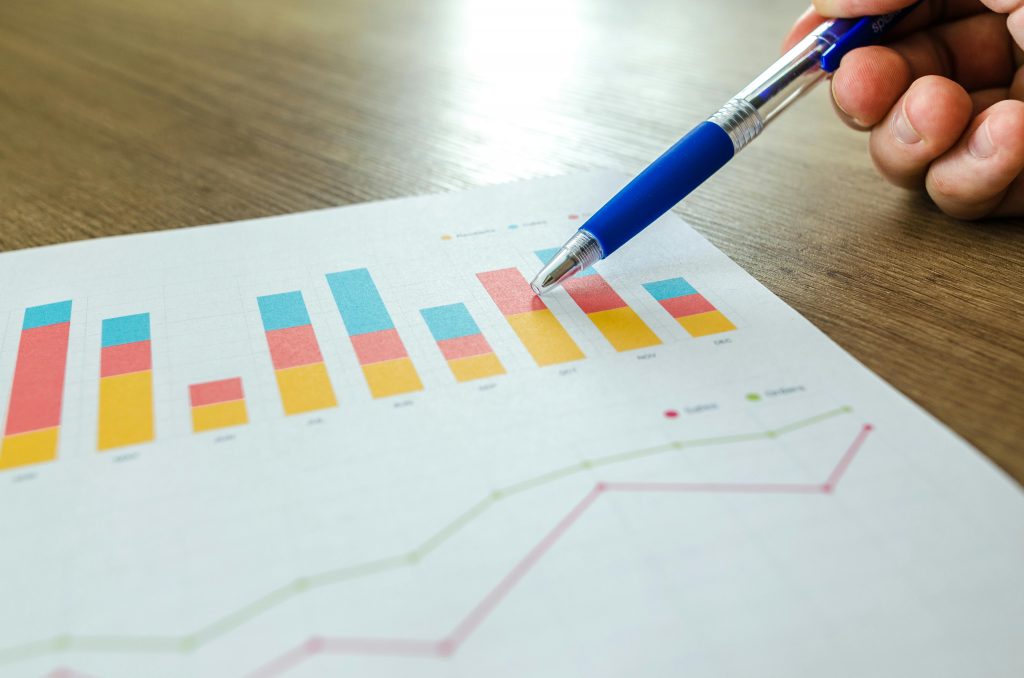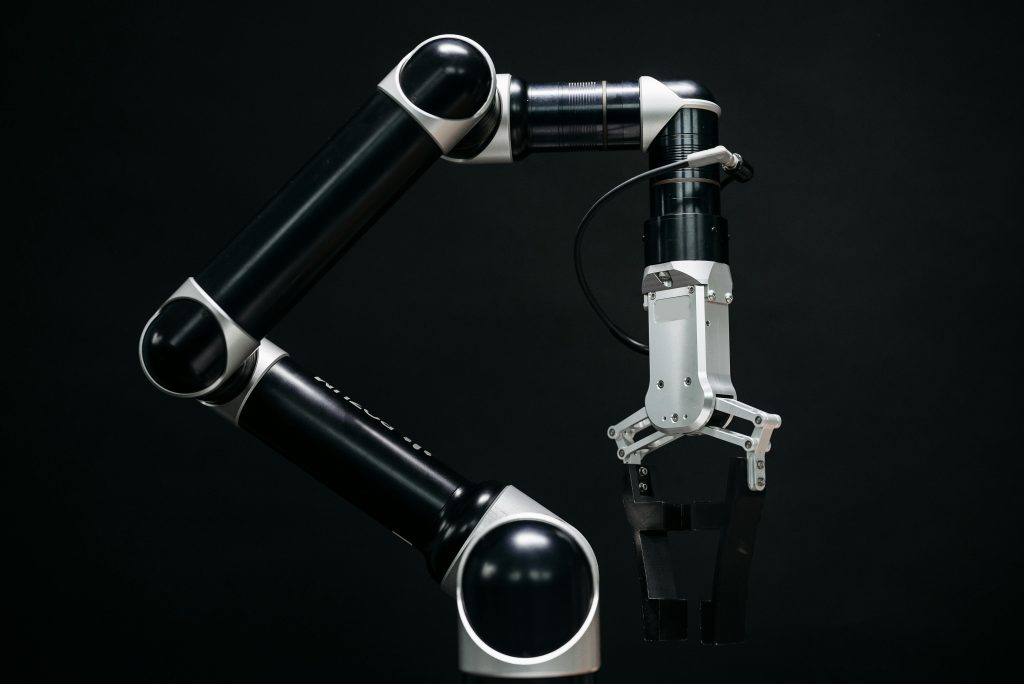
Artificial Intelligence has been sweeping the world in recent years, causing controversy and intrigue a like, and in some places, AI has been almost universally panned. After the Writers Guild of America/Screen Actors Guild strikes in 2023, it was decided that the use of AI in film and Tv would be very limited, for non-Artistic ventures however, AI could very well be the future of industry. From management to machinery control, there are innumerable ways AI can be used to improve manufacturing. We’ve compiled just 5 to get you thinking about how you can take your small business into the future.
1.Quality Control
The cornerstone of all AI tech is Machine Learning, training programs on data to learn, this is most famously done with image production software in which thousands of images are fed into the program so it can learn, and eventually produce its own images. The same principle can be applied to quality control, training AI on what a good product looks like vs a bad product, this can be images, sensor data, or any other metric you can analyse about your product, and this can be fed into a machine learning program and could allow AI to detect defects much faster, and with greater accuracy than a human inspector. This would both ensure high quality and customer satisfaction, while also reducing waste.
2.Process Optimisation
Optimisation is a process known to any business, by wasting as little as possible, whether that be time, money, or any other metric important to your company. By integrating AI into the optimisation process, you can identify inefficiencies and even suggest improvements by analysing your supply and production. Ai can compare your structures to other, more efficient ones, even piecing bits together that will work better for you specifically, ensuring that your business is running at peak efficiency.
3.Predictive Analytics

When combined with your own data, AI can take over and use that data in a myriad of ways. One of these is to look at the current trends in production planning, market demand, or inventory management etc. and also look at historical trends in these fields, and come up with a plan for upgrading how you might do these things. AI can also look at data to forecast future trends, and the outcomes of said trends, essentially giving you a time machine, so you can make positive changes, before everyone else, beating out the competition, and saving yourself time and money in the process.
4. Enhanced Safety
AI is also making manufacturing environments safer for workers. By integrating AI systems with sensors and cameras, manufacturers can monitor working conditions in real-time and identify potential hazards before they lead to accidents. These systems can detect unsafe behaviour, such as workers not wearing the required safety gear, or equipment malfunctions that could pose a risk. On top of this, AI can analyse past incidents to predict and prevent future occurrences by suggesting preventive measures. This proactive approach to safety not only protects employees but also reduces downtime and potential liabilities, which for a small business is imperative for fostering a safer and more productive workplace.
5.Robotics

AI has significantly advanced the capabilities of robotics in manufacturing, making robots smarter, more adaptive, and efficient. With AI integration, robots can now learn from their environment, recognize patterns, and make real-time decisions. This allows them to perform more complex tasks, such as handling varied materials, adapting to new production requirements, and even improving over time through machine learning. In more specific industries like electronics and automotive, AI-powered robots can work autonomously or collaborate with human workers, offering greater flexibility and precision. They can swiftly switch between tasks, reduce production errors, and optimize workflows, ultimately increasing productivity and reducing downtime, essentially taking every other AI development, and making it easier to implement and more functional.
In the end, we likely can’t begin to guess how AI will ultimately be used in manufacturing, or even in our day to day, what we can do is use it to its potential of how it currently exists, and as of right now, these 5 Ai avenues could be a game changer for manufacturing, and open the door to a wealth of other technologies and processes to help carry you along your manufacturing journey.

Comments are closed